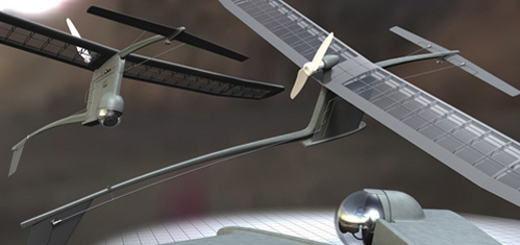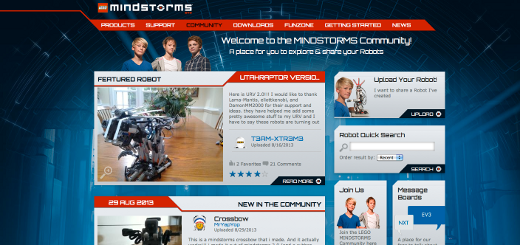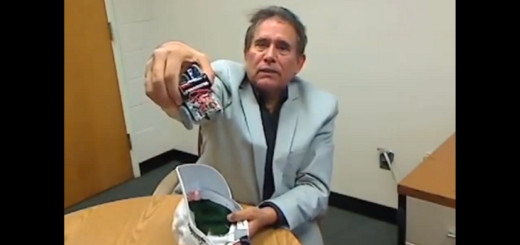Tesla Motors enters the race for a (nearly) autonomous car
The past few years have seen an explosion of interest in the idea of the autonomous car, with traditional automotive manufacturers, university-based research teams and more broadly tech-oriented firms all announcing projects aimed at progressively shifting the responsibility of actually operating a vehicle from the human driver to a variety of “smart” systems embedded into the automobile itself.
Despite the apparent delays in the ability of the field’s erstwhile frontrunner, Google, to find a manufacturing partner and start moving to bring their research to market, there still seems to be no shortage of new companies willing to throw their respective hats into the ring. It was, after all, as recently as last month that Nissan joined the fray with its borderline hubristic declaration of intent to market an entirely autonomous car by 2020.
With an announcement from electric car company Tesla Motors this week that they too have an autonomous vehicle under development, then, an already crowded field has a new entrant that might not have the resources of, say, Google, but which does have an extremely strong track record of bringing automotive innovation successfully – and, as of this year, profitably – to market.
California-based Tesla Motors, founded in 2003 by PayPal alumnus Elon Musk, manufactures and designs both its own brand of premium electric automobiles and a market-leading line of electric powertrains. Rather than following industry precedent and bringing exclusively “practical” electric vehicles to market, Tesla made a name for itself with the launch of the Tesla Roadster, a fully electric sports car, in 2008, and the Tesla Model S, a luxury sedan that debuted in 2012, and the forthcoming Model X, a sport-utility vehicle. Tesla’s emphasis on innovation in serving specific sectors of the consumer market, as well as its establishment of a market-leading role in electric battery design and production, has led the company to its first profitable quarter in 2013. Tesla is now planning to parlay that success in an entirely new direction.
While Musk didn’t provide much in the way of detail to back up his announcement, according to the Financial Times, he did suggest that the current project, which is based entirely on proprietary internal research, is aimed at automating “90 percent of miles driven within three years” – at once an ambitious goal, and an acknowledgement of the sheer number of technological and legal bulwarks in the way of complete automation. In what could be read as a shot at the feasibility of claims such as Nissan’s, Musk bluntly noted that he considers it “a bridge too far to go to fully autonomous cars…. It’s incredibly hard to get the last few per cent.” Even if truly self-driving vehicles aren’t quite on Tesla’s agenda yet, however, achieving that 90 percent in a market-ready product would place the company in a position it’s probably beginning to find quite familiar – that of an agile and dynamic market-leader in an extremely competitive technological space.
[ photo courtesy of Tesla Motors ]



